Pakistan
With a third of Pakistan underwater due to record flooding from the 2022 monsoon season, the United Nations Population Fund estimates that around 1.6 million women of reproductive age, including nearly 130,000 pregnant women, need immediate sexual and reproductive health services in flood-affected areas.
Ipas Pakistan is working closely with community and government stakeholders to help provide these critical services. After assessing the needs of women and girls living in camps for those displaced by the floods, Ipas has launched a joint-response strategy in collaboration with government and local partners.
“We are ready to provide almost 82,000 women and girls with high-quality sexual and reproductive health care, including abortion,” says Dr. Shabbir Awan, Ipas Pakistan director. “In coordination with government and local partners, we are showing that these vital services can be provided in crisis settings like the severely flooded areas of Pakistan.”
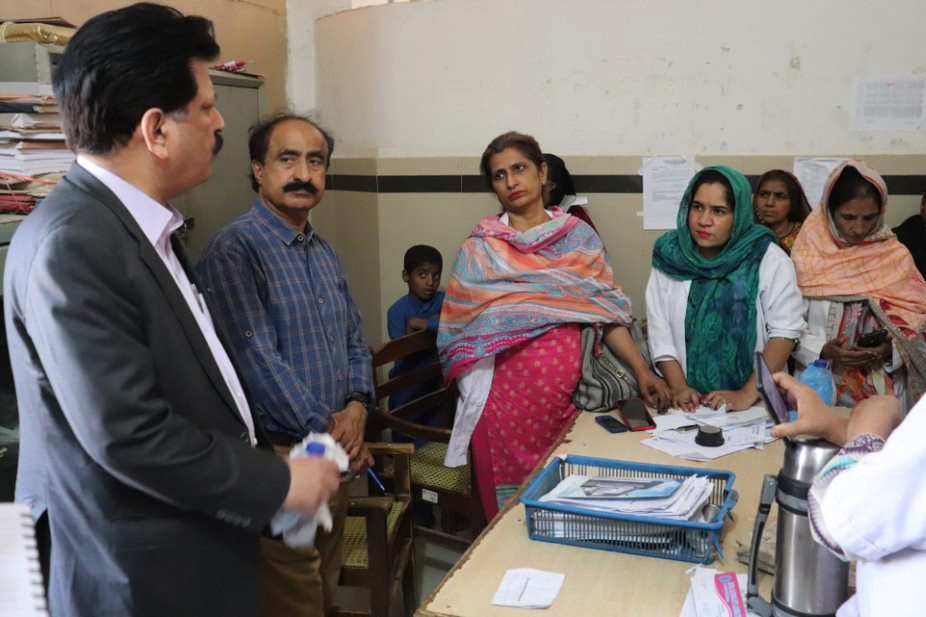
The Ipas Pakistan team met with doctors and midwives in Dadu, a severely affected district.
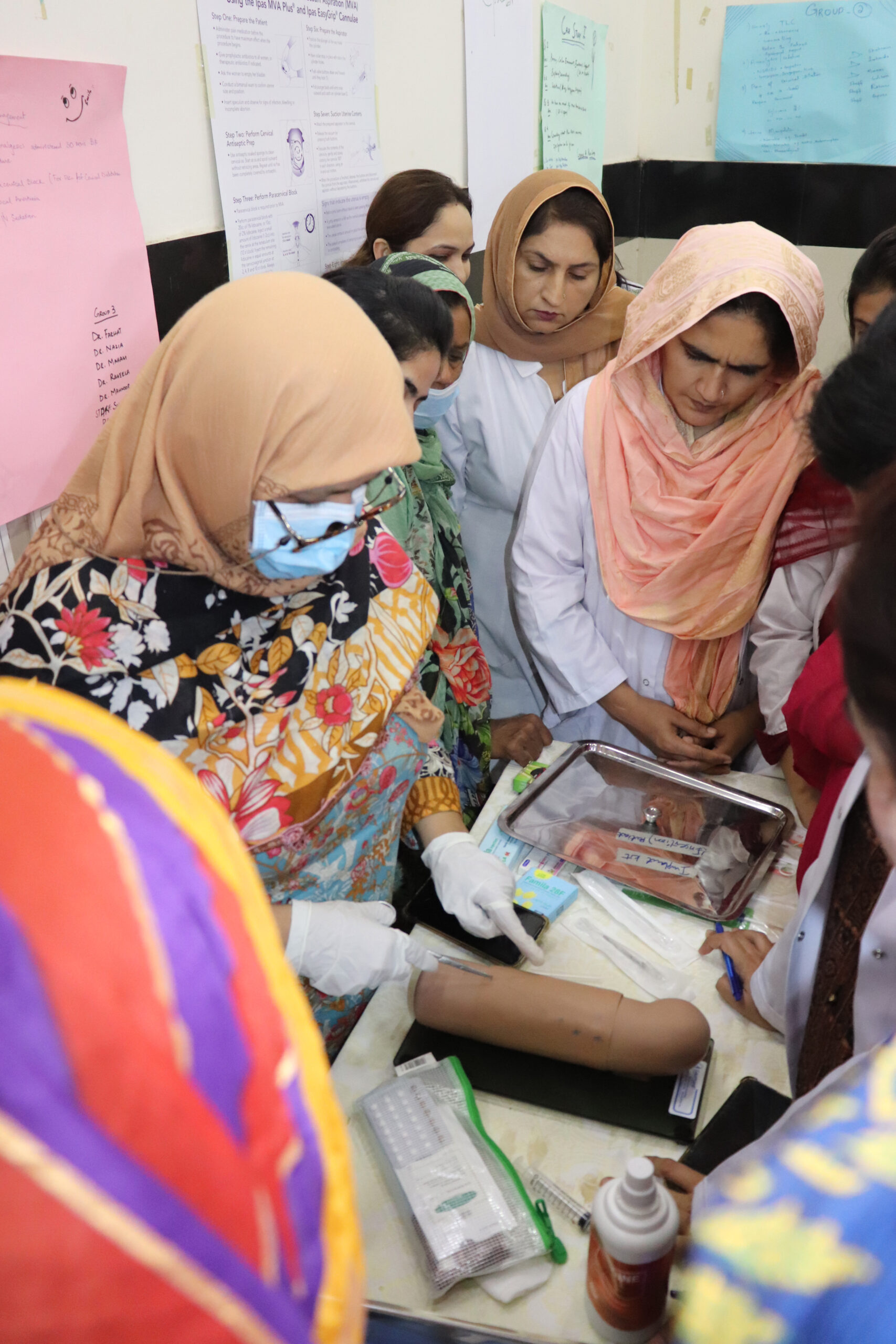
Ipas Pakistan trains midwives and doctors at the civil hospital in Hyderabad, Sindh district.
Ipas’s crisis response aims to:
Provide supplies and training
Ipas is providing essential abortion equipment, contraceptive and disinfection supplies, and training to midwives and doctors working at health facilities that have served thousands of women and girls in need of abortion care and contraception.
Reach women and girls in their communities
Ipas supports and coordinates with community-based lady health workers (LHWs) in flood-affected areas to raise awareness of services and connect people with the Ipas-trained Sehat Kahani telehealth providers for 24/7 free consultation on self-managed abortion with pills and contraceptive services.
Offer counseling and self-care support
Ipas has partnered with local civil society organizations to mobilize community-based workers and counselors to provide psychosocial support, sexual and reproductive health education and self-care kits (containing toiletries and personal care items) to women and girls in affected communities and camps.
An overlooked need
The Global Climate Risk Index lists Pakistan as one of the ten countries most affected by extreme weather events, and after facing a record-breaking heat wave earlier this year, Pakistan is particularly vulnerable to the devastation of yet another climate disaster. Services such as contraception and abortion are crucial and time sensitive, but sexual and reproductive health is often gravely overlooked in humanitarian relief efforts that prioritize food and emergency medicine. That’s why Ipas works with diverse partners, including humanitarian organizations, to ensure women and girls affected by crisis have reproductive health options that include abortion and contraception.
Every crisis is different. Our varied solutions recognize that.
Through a variety of different programs and approaches, we’re proving that reproductive health care can be made accessible during an acute crisis and in the years that follow.
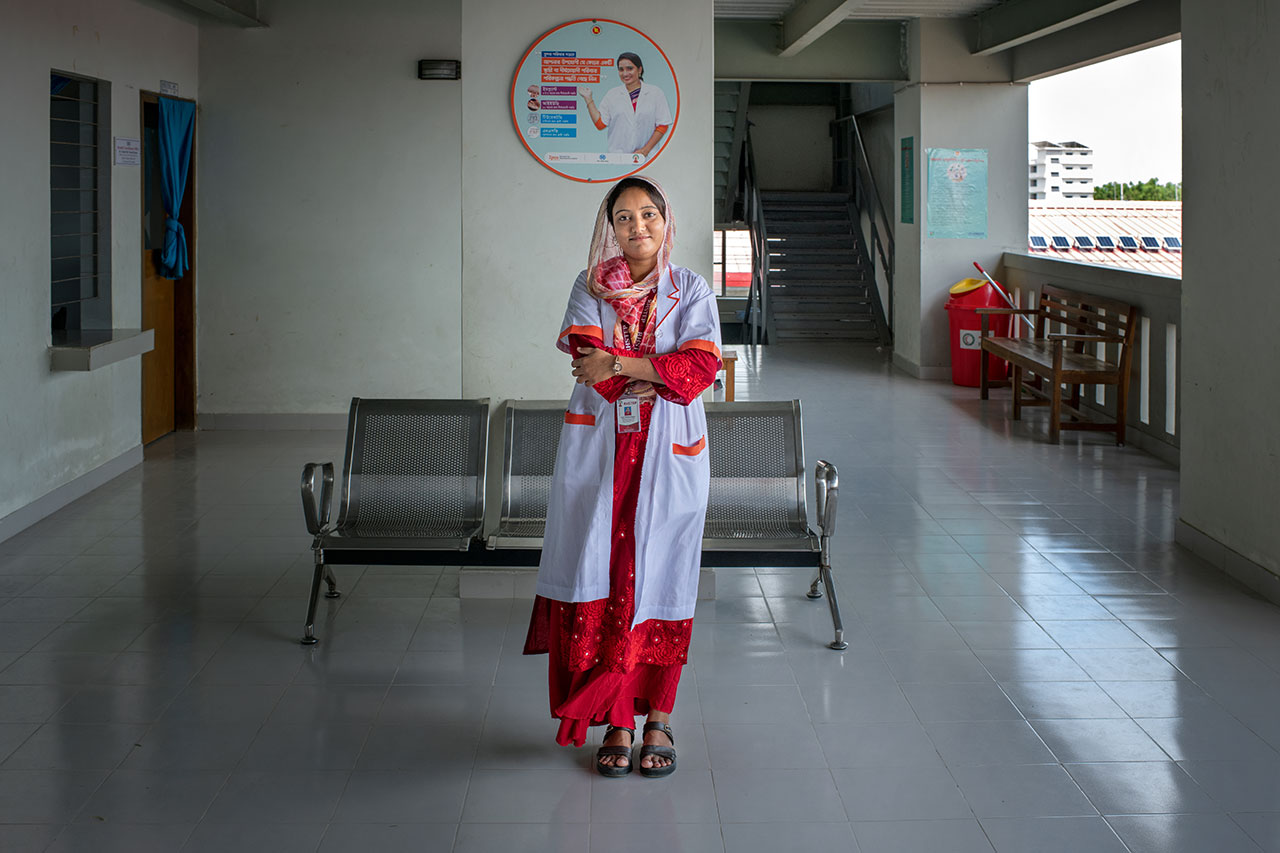
Bangladesh
Training health workers in Rohingya refugee camps
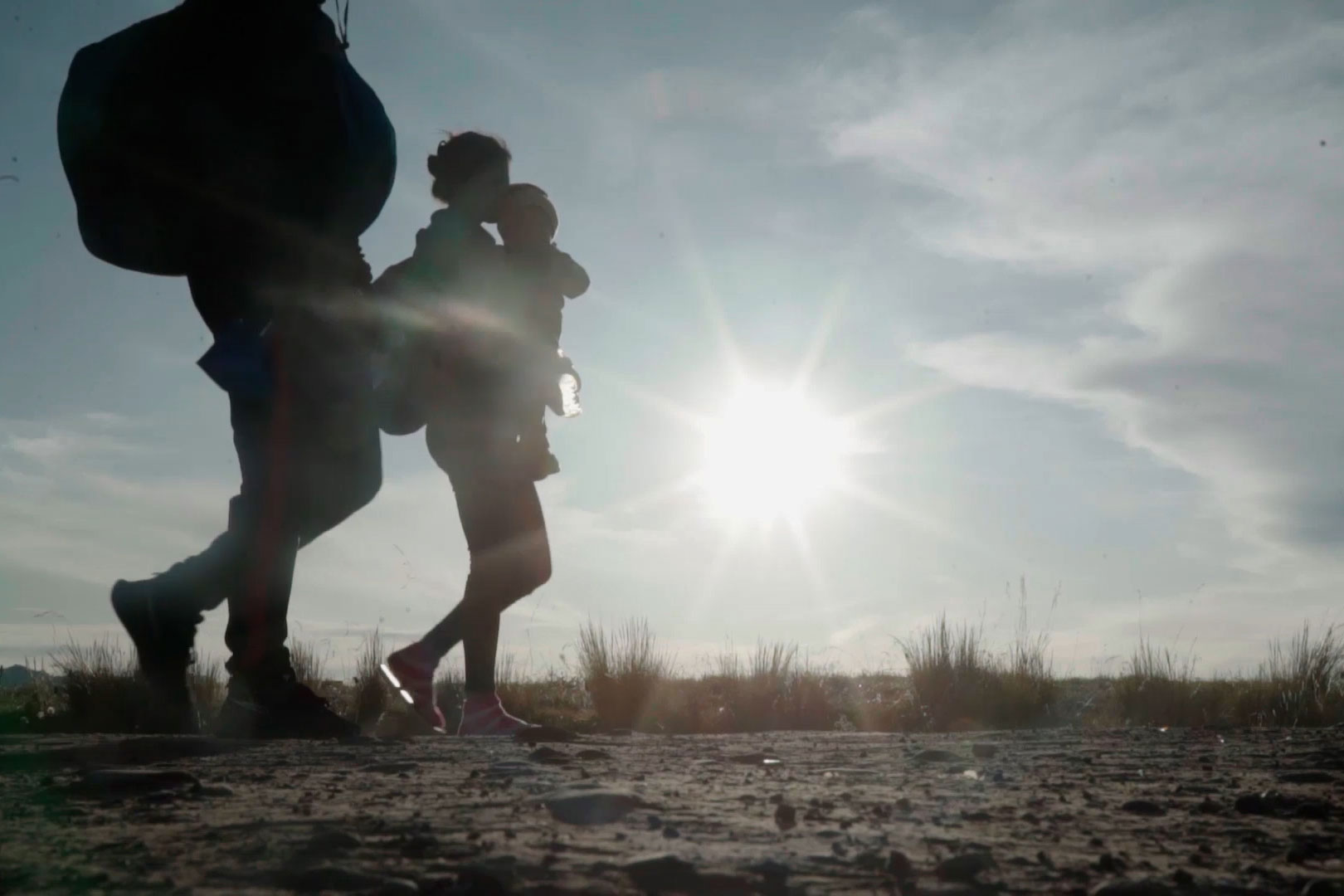
Bolivia
Providing health information and care to Venezuelan migrants
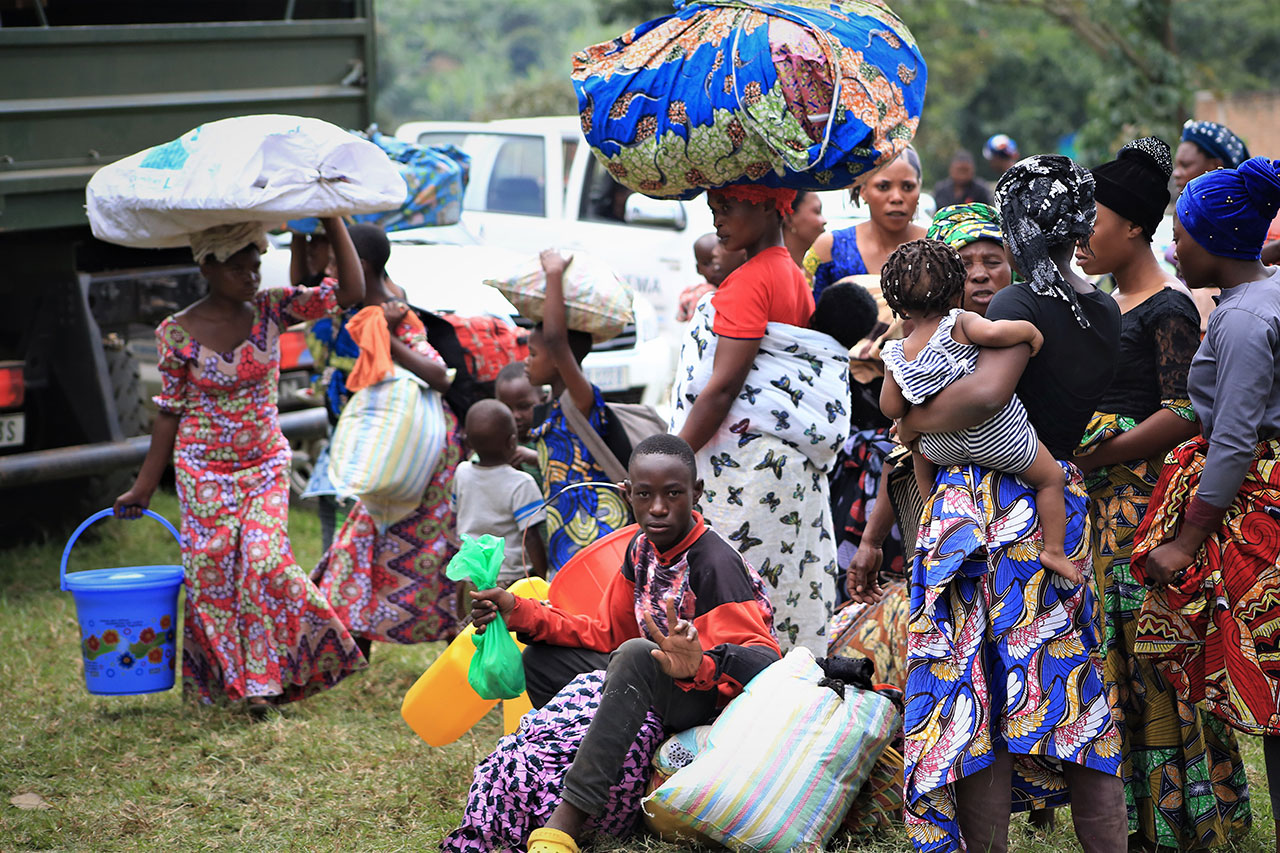
Democratic Republic of Congo
Ensuring care for internally displaced people
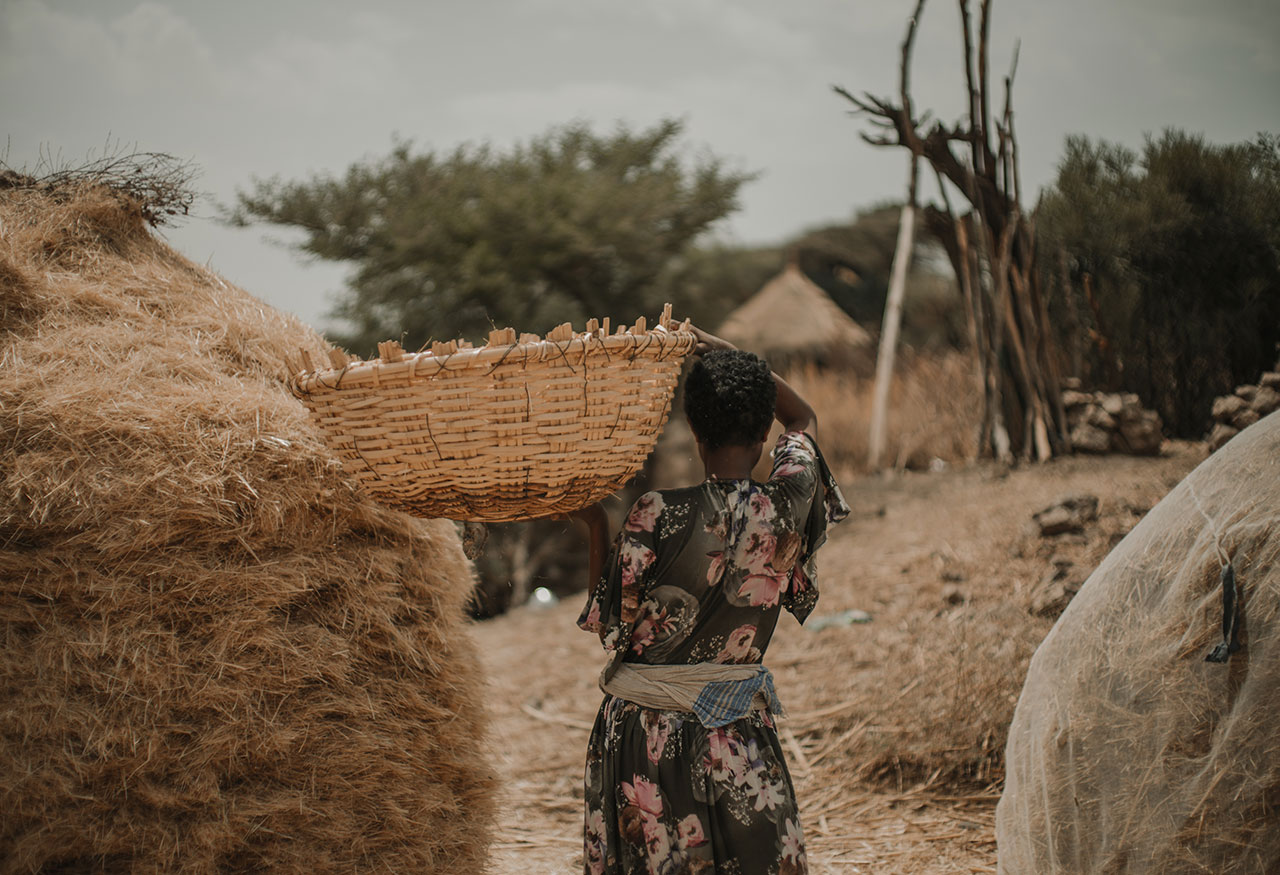
Ethiopia
Partnering with community groups and health workers during civil war
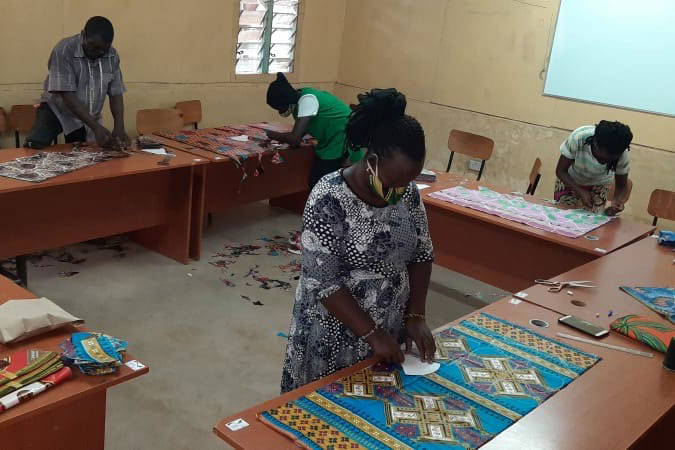
Kenya
Partnering with refugees to protect against COVID and ensure health-care access
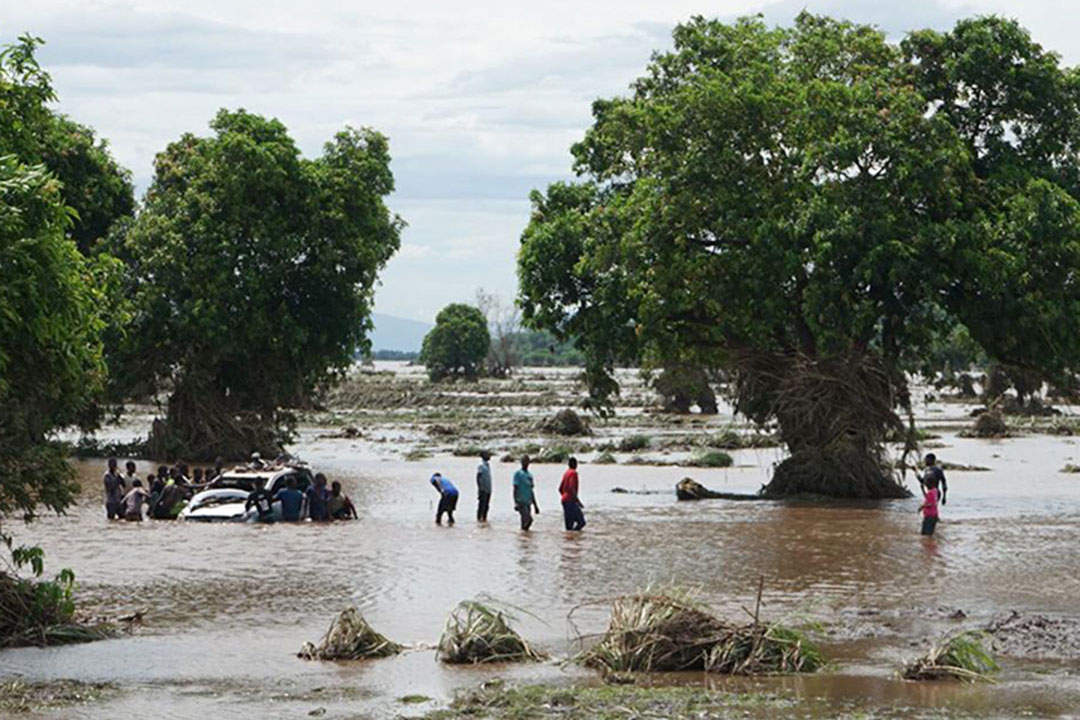
Malawi, Mozambique and Zambia
Coordinating a response after cyclones and flooding
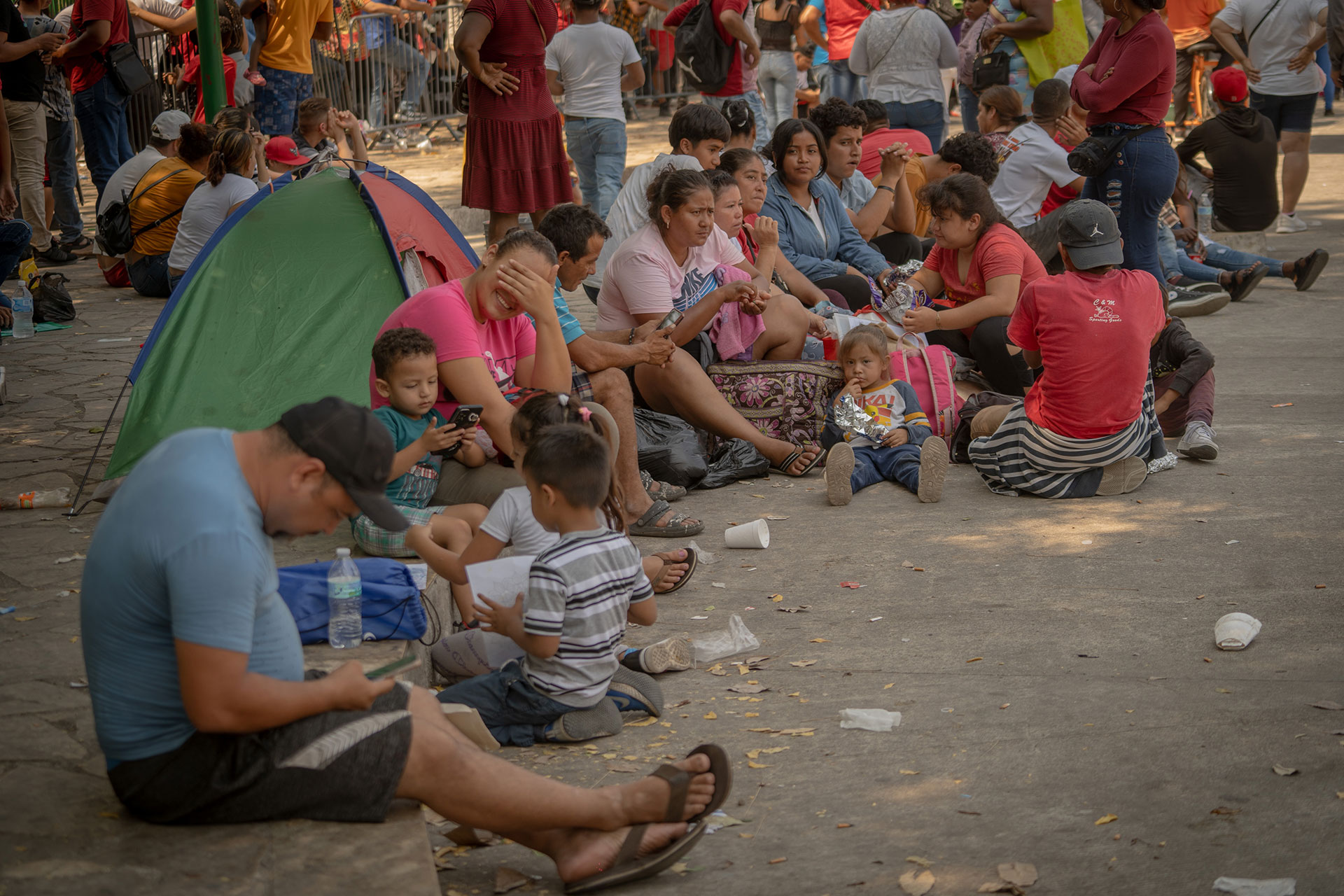
Mexico
Expanding abortion access along key migration routes


